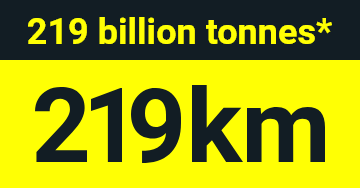


By ditching the car and getting on your bike, you can reduce your emissions, while raising awareness and funds for WWF Australia.
These funds will help to continue important work with government, business, entrepreneurs and investors, to help tackle key challenges of climate change.

1. IMBIE is an international collaboration of polar scientists, providing improved estimates of the ice sheet contribution to sea level rise:
http://imbie.org/
2. SROCC (Special Report on the Ocean and Cryosphere in a Changing Climate): https://www.ipcc.ch/srocc/
3. Bulletin of the American Meteorological Society called State of the Climate
https://www.ametsoc.org/
4. . Hottest day ever:
https://earthobservatory.nasa.gov/